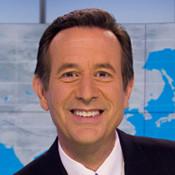After a year of sluggish economic growth and widespread inflation, what can we expect for 2023?
2022 was the year the world got a rude awakening from something that had largely disappeared from many countries: inflation. Just when the supply chain crisis that defined the early COVID-19 pandemic recovery started to ease, many policymakers were surprised when inflation proved “stubborn” instead of “transitory,” as the U.S. Federal Reserve had predicted.
Then came the economic shock of Russia’s conflict with Ukraine.
Joining the discussion:
- Yan Liang is chair professor of economics at Willamette University.
- Gilson Schwartz is a professor of economics at the University of Sao Paulo.
- John Gong is a Professor of economics at the University of International Business and Economics in Beijing.
- Arthur Dong is a Professor at the McDonough School of Business, at Georgetown University.
The bond market is zeroing in on a US recession next year, with traders betting that the longer-term trajectory for interest rates will be down https://t.co/yh9wXNHTWp
— Bloomberg Markets (@markets) November 26, 2022
Western allies want to hurt Russia's finances with an oil price cap but keep its supply on the global market to avoid cost spikes.@AP explains how the price cap and a European ban on most Russian oil would affect consumers and the global economy. https://t.co/U3Y3wgcAHY
— The Associated Press (@AP) November 24, 2022
 CGTN America
CGTN America
